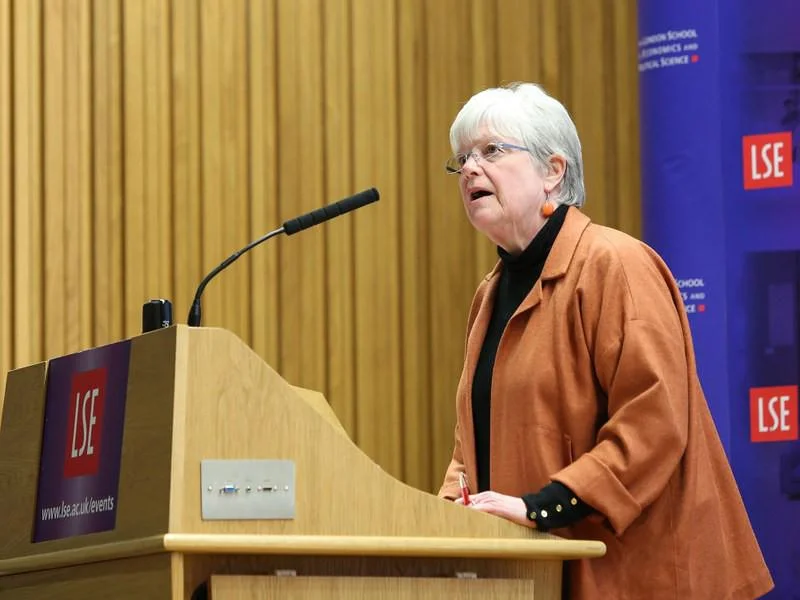Four LSE academics elected as British Academy Fellows

Four LSE academics have become Fellows of the British Academy, in recognition of their outstanding contribution to humanities and social science.
Professor Richard Bradley, Professor Jacqueline Coyle-Shapiro, Professor Robin Mansell and Professor Henry Overman are among 85 distinguished Fellows who have been elected to the Academy.
Founded in 1902, the British Academy is the UK’s national academy for the humanities and social sciences. It is a Fellowship of over 1600 of the leading minds in these subjects from the UK and overseas, as well as being a funding body for research and a forum for debate and engagement.
Welcoming the Fellows, the new President of the British Academy and Strategic Director of Innovation at LSE, Professor Julia Black, said: "I am delighted to welcome these distinguished and pioneering scholars to our Fellowship. I am equally delighted that we have so many new female Fellows. While I hope this means that the tide is finally turning for women in academia, there is still much to do to make the research world diverse and open to all.
"With our new Fellows’ expertise and insights, the Academy is better placed than ever to open new seams of knowledge and understanding and to enhance the wellbeing and prosperity of societies around the world. I congratulate each of our new Fellows on their achievement and look forward to working with them."
Richard Bradley, Professor of Philosophy, works on decision theory and related fields such as formal epistemology and semantics. His research explores individual decision-making under uncertainty and the role of hypothetical reasoning in reaching judgements about what to do.
Jacqueline Coyle-Shapiro, Professor in Organisational Behaviour, looks at justice in organisations, psychological contracts, organisational change and organisational citizenship behaviour.
Robin Mansell, Professor of New Media and Internet, focuses on media and communications regulation and policy, internet governance, privacy and surveillance, digital platforms, data and information systems and the social, political and economic impacts of innovation in digital networks and applications.
Henry Overman, Professor of Economic Geography, works on topics including the causes and consequences of spatial disparities, the impact of urban and regional policy, transport, and housing economics.